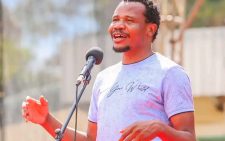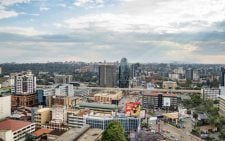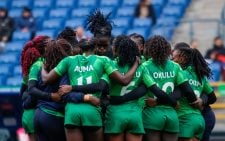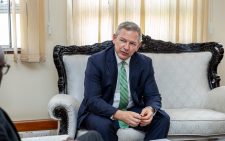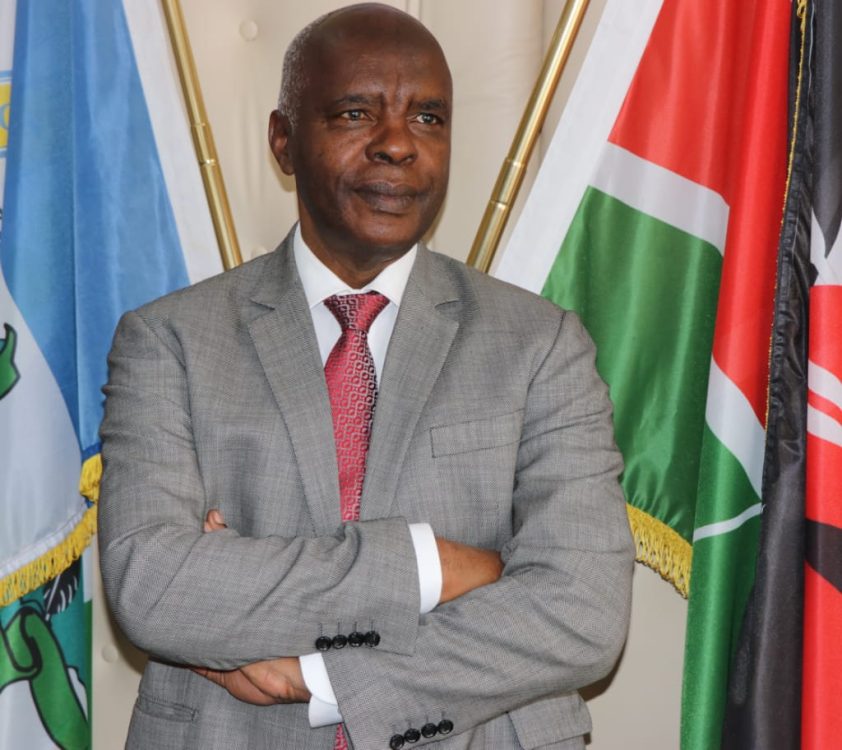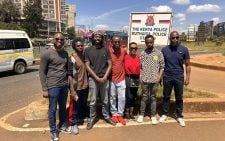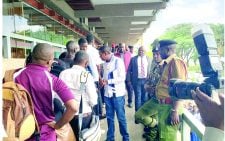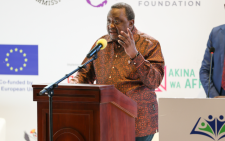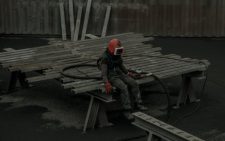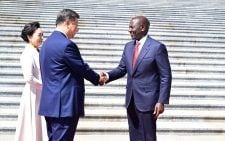Media must rebuild ties with advertisers, others
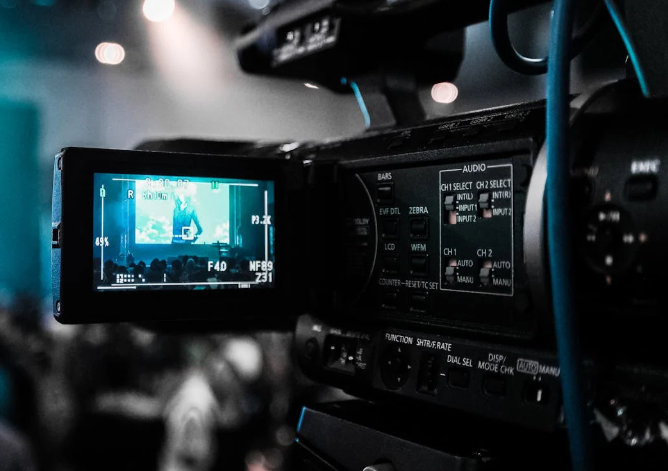
Editors from various media houses have just concluded their annual convention, held in Nakuru city, and during which important issues affecting the industry came to the fore and were canvassed robustly.
Among the challenges that have been a cause of much heartache is the financial straits that many media houses find themselves in partly because they are owed large amounts of money by government agencies and partly because of fraud by senior managers.
This has made it difficult for the companies to pay staff salaries on the one hand and final dues for retrenched staff on the other. Indeed, later this week, former employees of one such media house have said they will be protesting outside its premises to demand that they be paid their outstanding dues as the law stipulates and as promised by their employer.
Whereas all industries go through financial tribulations from time to time, the media have also been adversely affected by a plethora of other challenges, not least being the disruption brought about by digital technologies, including artificial intelligence (AI). In as much as the media were slow to adapt to these new trends, editors have woken up to the realisation that AI is a tool, rather than a threat to their craft, and they ought to deploy it to improve the quality of their work and increase audience engagement. This should translate, going forward, into more innovations in newsrooms as media workers learn how to leverage technology to better meet the needs of their audiences.
One other problem that needs to be addressed internally is the disconnect between editorial workers and editors on the one hand and managers on the other. At the annual convention, for instance, only one non-editorial manager was present, yet a collaboration between managers and editors is critical for the success of news organisations. The ideas that editors come up with will amount to nothing unless there is buy-in from senior managers, who mediate between their respective editorial teams and the owners of the news organisations.
As media players plan for 2025, it will be important for them to find solutions that will help them better monetise their respective offerings and rebuild relationships with advertisers and other stakeholders so that they can find a win-win formula that will help them drive the business and political agenda as Kenya inches its way to the next election.
Given the propensity of the current administration to roll back constitutional gains, it will be imperative for the media to remain both vigilant and unafraid if it is to join the reawakened Church in standing with and for the citizens. Every time the media has fought in the people’s corner, it has been rewarded by increased viewership and readership and this calls for introspection to find out how this relationship can be rediscovered.
This is a hard call to make for editors and their teams, first because they are averse to criticism and secondly because it is not always easy for media players to accept that they can be wrong. However, it is a call that they must make to uphold the integrity of the industry and their respective platforms.
It is also not lost on industry players that there have been attempts, particularly this year, to arm-twist individual media houses from publishing or airing particular stories that the government, or its top officials, feel are critical. Such tactics are not only bad for democracy and the media but for the public interest, which should be the overriding consideration when media houses are planning their content. This is a freedom that editors must guard jealously or else they will find themselves muzzled in the face of increasing impunity by the political class as a collective.
It is, however, worth noting that various representatives of government agencies attended the convention, made contributions and engaged in mutual sharing of feedback on how they can better work with the media. It says something that there were more government representatives than media managers since a synergy of all three is needed if the deadlock that has persisted for years and has hurt their relationship is to be unlocked. Indeed, the Deputy President, who was the chief guest, acknowledged as much and made pledges on what government can and will do to right its wrongs.
— The writer is the Editor-in-Chief of The Nairobi Law Monthly and Nairobi Business Monthly; Mbugua@nairobilawmonthly.com
